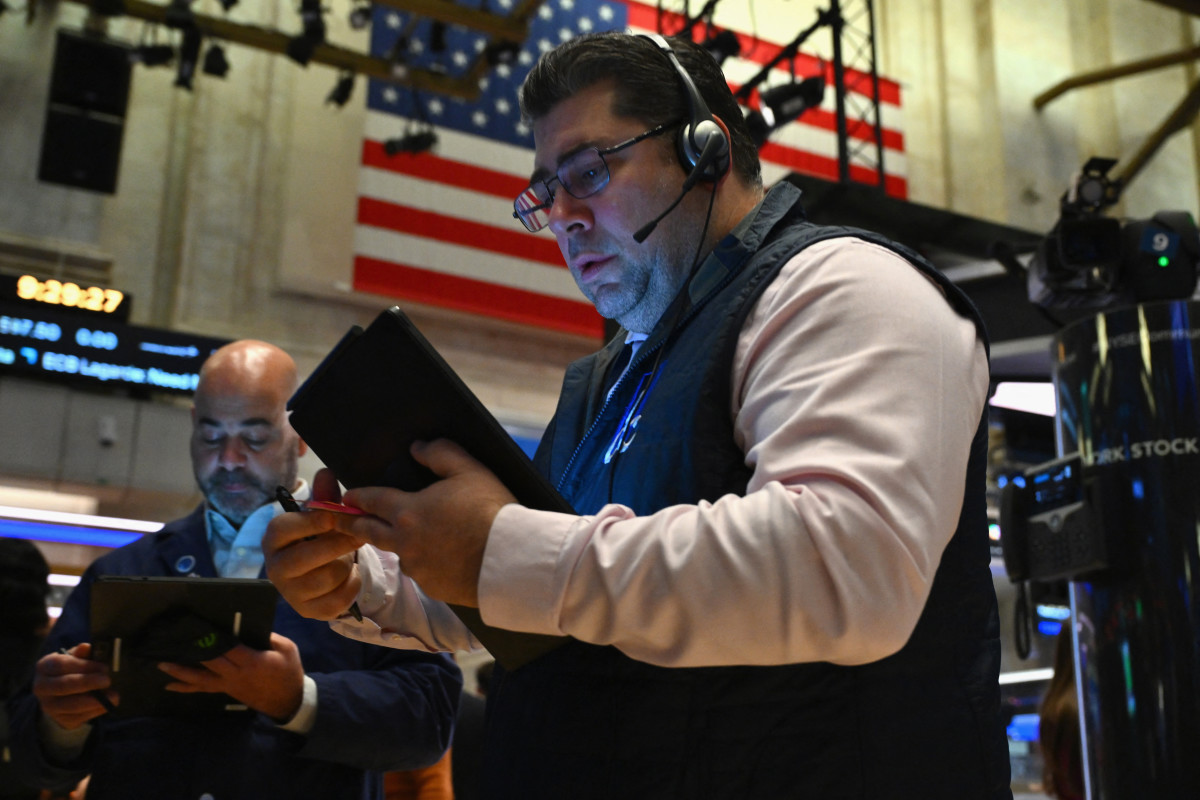
Amid calls for a U.S. recession and persistent market volatility, finding a solid investment strategy is more important than ever. Michele Schneider, Chief Strategist, MarketGauge, joined TheStreet to discuss the warning signs of a recession as well as how commodities could be safer plays during times of economic uncertainty.
Related: This industry is typically resilient during recessions
Full Video Transcript Below:
J.D. DURKIN: According to a survey by the National Association of Business Economics, there is basically a coin flip, a 50% chance or so of the U.S. hitting a recession in 2024. Michele, I know we were having this conversation a lot this time last year with regards to 23, but how do you think investors should best navigate potential volatility therefore in the market?
MICHELE SCHNEIDER: Well, gold is certainly one area we can see that silver might be a little bit undervalued at this point, too. I think precious metals are really telling you that that that they could be the safety plays in protection against all types of risk, whether it's geopolitical or monetary or credit risks.
And the second thing really is an interesting little area that a lot of people don't really follow. But I'm very interested in what happens with junk bonds. So junk bonds are high yield, high debt bonds that when there's a risk on environment, investors will buy. And even though we've seen a big move from the October lows in the junk bonds relative to what, say the what the SPY or the Nasdaq is doing, they're still incredibly low.
They've really come out of a base, but they haven't fully broken out yet, which tells me that the bond traders are definitely preparing, especially as the long bonds might start to outperform and have been outperforming for a delay in the call for recession from 2023 to 2024. So that's kind of I think would be the key is keep your eye on that junk bond situation and the relationship it has to the long bonds. As long bonds have rallied and yields have come up, they haven't really moved very much. And that's often a warning not only for some kind of a capitulation in the market in terms of a correction, but also the potential of some kind of recessionary factor. Last time we saw junk bonds really in trouble, was it right before COVID and then during COVID.







